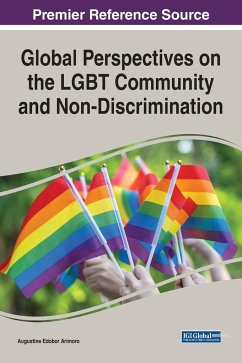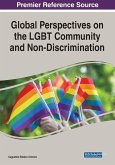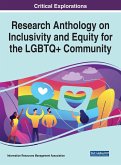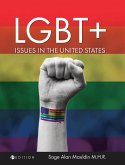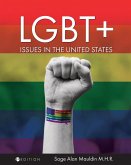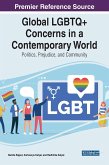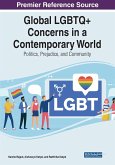In at least seventy-one countries in the world, there are national laws that criminalize same-sex relationships between consenting adults. In at least nine countries around the globe, national laws target and criminalize transgender and gender non-conforming persons. In some jurisdictions, the penalty for identifying as a part of the LGBT community is death. The debate in jurisdictions where being an LGBT person is a crime is typically that same-sex sexual relationships are "unnatural." In jurisdictions where anti-gay laws persist, the rights of LGBT persons are not considered as human rights, and the rationale for criminalizing same-sex sexual activity is that it is "immoral" and "sinful." Global Perspectives on the LGBT Community and Non-Discrimination offers perspectives on the rights of sexual minorities and discrimination. In several countries, consensual sexual activity in private amongst adults of the same gender is still criminalized. This book seeks to examine the social, cultural, religious, and political issues that influence anti-gay laws in juxtaposition with the need to protect the rights of the LGBT community. Covering topics such as LGBT child adoption rights, minority stress, and freedom from discrimination, this premier reference source is a dynamic resource for sociologists, anthropologists, government officials, policymakers, lawmakers, human rights advocates, non-profit organizations, libraries, students and faculty of higher education, researchers, and academicians.

